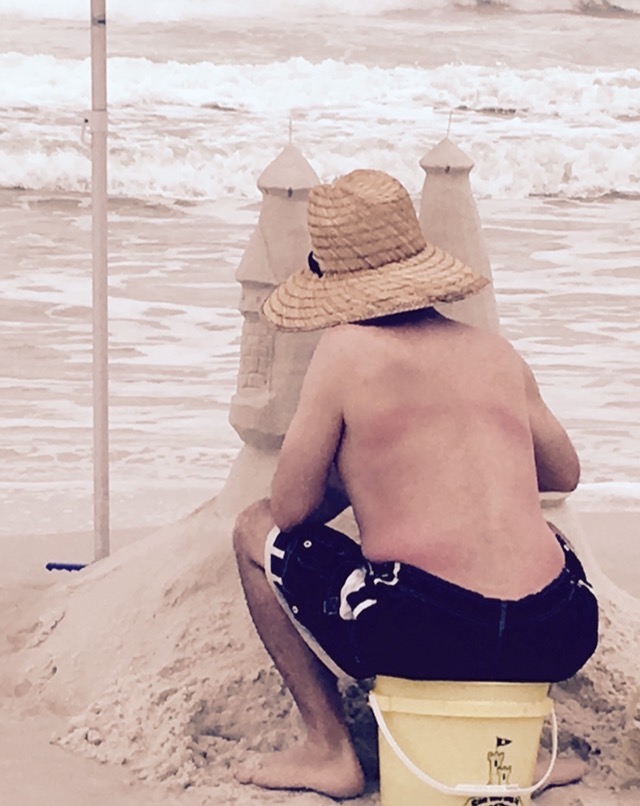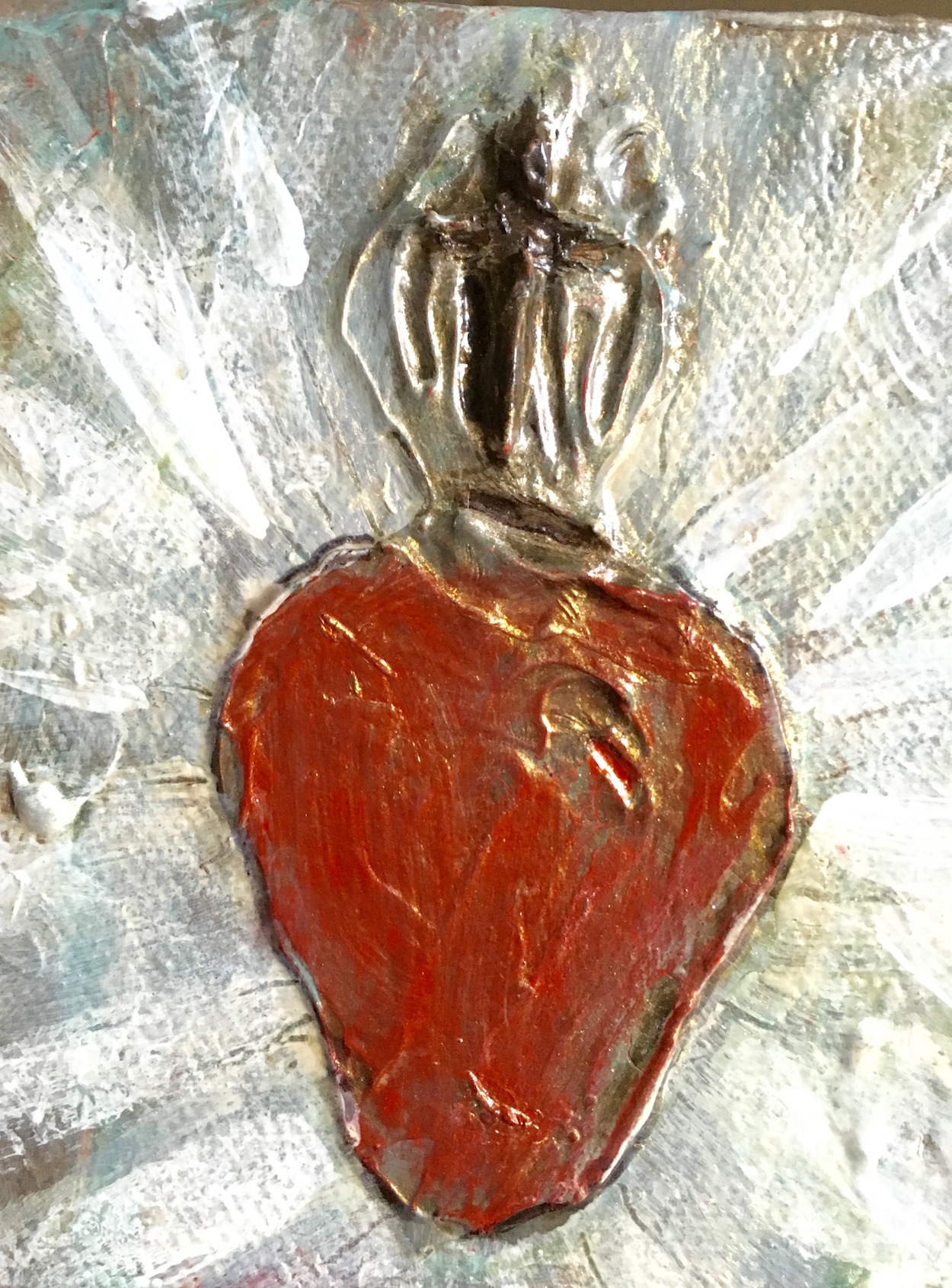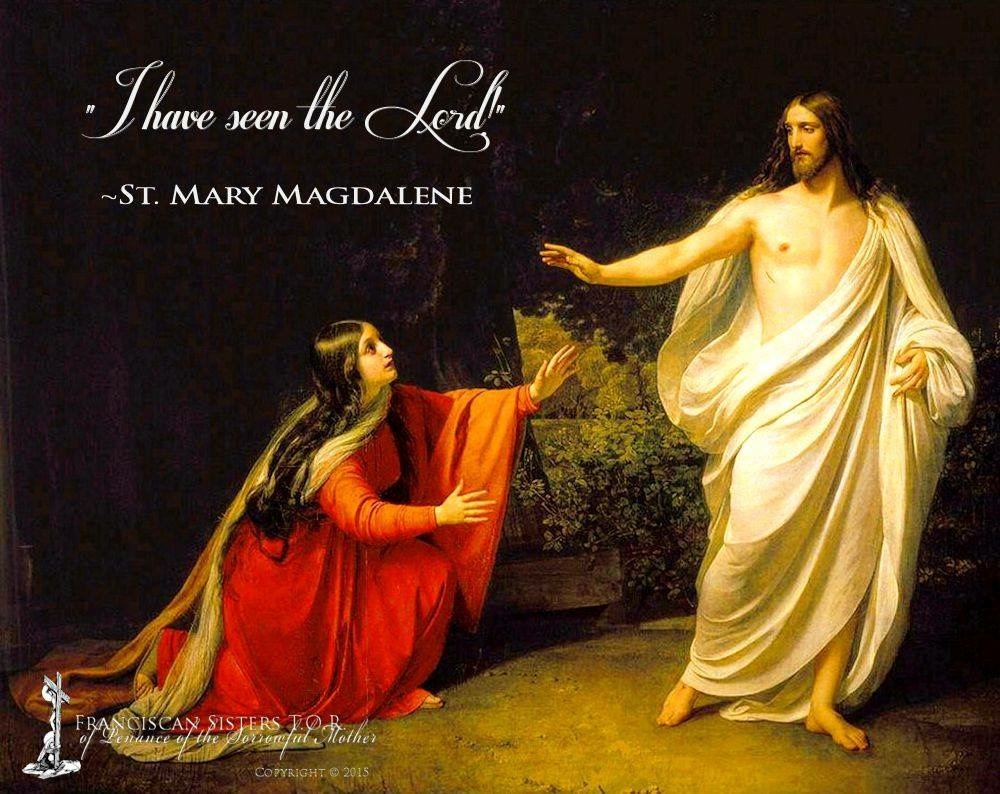What does it mean to be holy? And how do we become holy?
These two questions burned in my mind for years as I moved from agnosticism, to fundamentalist Protestantism, then home to Catholicism. When I returned to the Catholic Church, I continued to ask the same questions about holiness as I specialized in apologetics, moral theology and bioethics. Finally, thanks to my life imploding, I came to the conclusion that holiness consists, quite simply, in love of and surrender to God.
Truth be told, I can now see that my trajectory within Christianity was an attempt, albeit a worthy one, to have an authority tell me the truth in black and white, give me the laws, and present me with the parameters in which to live. I used to joke that I just wanted someone to tell me the flipping rules so I could follow them!
Because deep down I knew that following the rules was a heck of a lot easier than surrendering to a wild, unpredictable God—especially a God who allows so much suffering in life. It took many years of prayer, study, soul-searching and, of course, personal suffering before I began to see that the essence of holiness is not formulas, facts or feats—good as those can be—but trusting God. And that the indispensable ingredients of holiness are hoping in God in all things, believing he is good no matter what, and surrendering to his love with abandon.
Sounds simple enough, right? Simple maybe. But easy, no.
Thanks to a suggestion by Amazon, I recently happened upon Dr. Peter Kreeft’s new book, How To Be Holy: First Steps In Becoming A Saint, which explains masterfully why holiness is simple but hard. Amazingly, at least to me, Kreeft affirms exactly what I’ve been trying to say in both my writing and talks—that holiness it isn’t about performance, but surrender. In other words, holiness has much less to do with asserting my will as it does with assenting to God’s. And therein lies the crux of Kreeft’s message.
With the brilliance, wit and logic that is classic Kreeft, the prolific author and philosopher sums it up neatly in these words:
“‘Abandonment’, or ‘islam,’ or ‘surrender',’ to God’s providential will is also the very essence of holiness.” Kreeft, How To Be Holy, 31
He builds his thesis on the truth that God is all-good, all-knowing and all-powerful, and upon St. Paul’s words in Romans 8:28 which say: “We know that all things work together for good for those who love God, who are called according to his purpose.”
Most of us would readily agree that God is good and working all things together for our good when things are carrying on happily in our lives; that is, when they are going according to “our will.” During these times, we are invited to cultivate the virtues of faith, hope and love by aligning our will with God’s and growing in relationship with him.
But it is when God allows us to be sanctified, or made holy, “against our will, through suffering” (Kreeft, 32), that we are frontally challenged to exercise the theological virtues in a more radical way. It is then that we must decide whether we really believe that God is good and whether we truly trust that what he is permitting in our lives is for our good. In these moments of permitted purification, we are beckoned to abandon ourselves with confidence to God’s providential will, allowing the fire of God’s love to burn away the dross of our own self-love and self-will—in a word, selfishness—which, Kreeft says is the main obstacle to holiness. When we assent to God in the midst of suffering, we begin to experience what the sage author calls “joyful, trusting self-surrender,” which requires saying: Not my will, but thy will be done.
And that, my friends, that hard prayer of willing, intentional surrender in abandonment to a God we believe is good and loving—in the teeth of what is often a hard-fought battle through suffering—is what makes us holy.
Simple perhaps. Easy no. But entirely possible with grace.
This article previously appeared at Aleteia.
Please visit my website to see the exciting updates and to grab some shareable graphics with quotes from "Mary's Way."


 Twice recently I've heard parents say: “I did everything right, and my child is still doing (name your favorite sin).” “Good luck with that!” I responded to one of them in a voice that was louder and more vigorous than I intended. Because the lie that if you do it all right, then you’ll be guaranteed a good result is a form of an ancient heresy known as Pelagianism. The old heresy now has a new moniker: the Prosperity Gospel, which purports that if I do X and Y then I will earn Z from God. Oh, how it misses the point of God’s grace!
Twice recently I've heard parents say: “I did everything right, and my child is still doing (name your favorite sin).” “Good luck with that!” I responded to one of them in a voice that was louder and more vigorous than I intended. Because the lie that if you do it all right, then you’ll be guaranteed a good result is a form of an ancient heresy known as Pelagianism. The old heresy now has a new moniker: the Prosperity Gospel, which purports that if I do X and Y then I will earn Z from God. Oh, how it misses the point of God’s grace!










